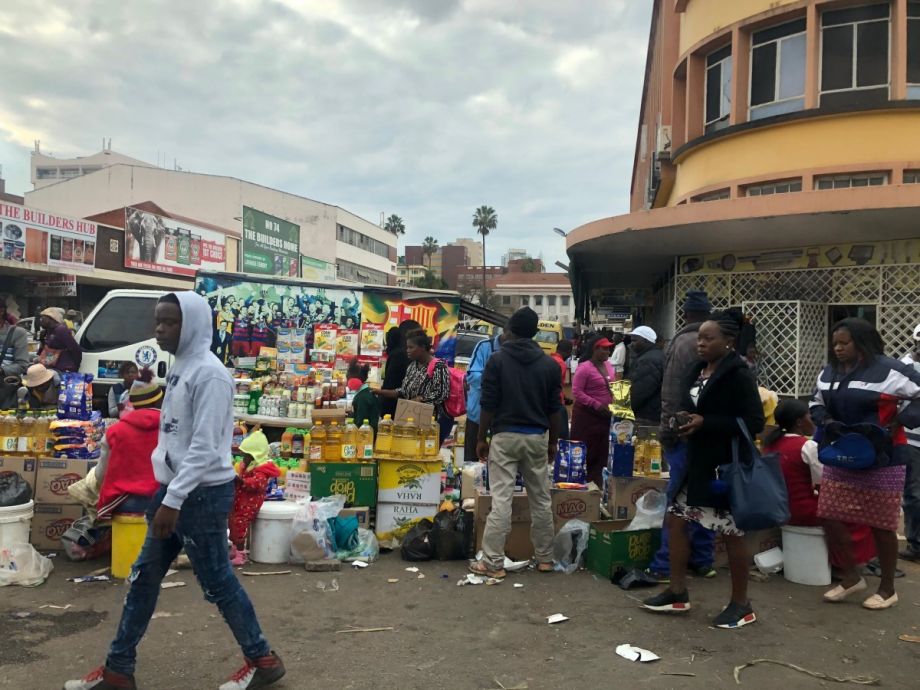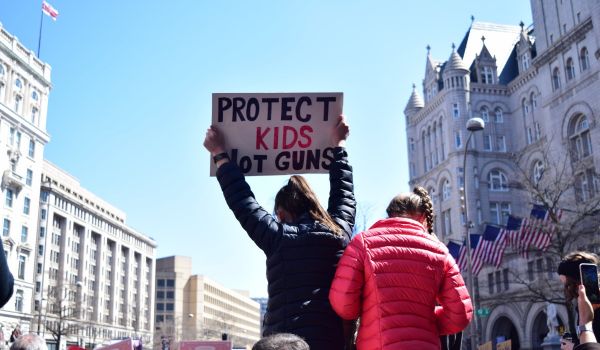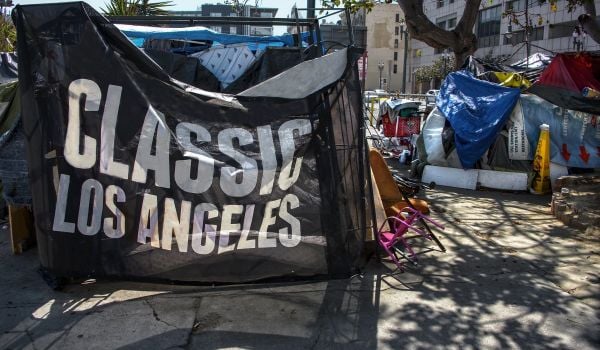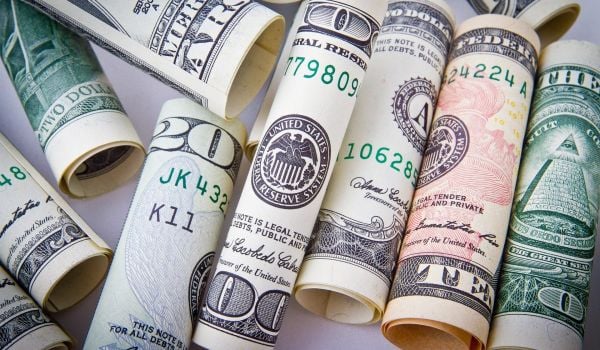Sheila Gava forages the trunk of a stranger’s Nissan car for dried tuna, Kellogg’s biscuits and a bottle of canola oil.
“I’ve not stepped foot inside a high-street supermarket in three years,” says Gava, a 35-year-old teacher and mother of two in Zimbabwe’s capital city of Harare.
In Harare City, family cars are being converted into unlicensed mobile or stationary “supermarkets” to serve the urban poor. Imagine a line of Honda SUVs stationed in the parking lot of New York’s Palisades Center Mall, with vendors selling bottles of Heinz ketchup, Nabisco cookies or Dove soap bars from the trunk of the cars.
But in Zimbabwe, these poacher “car supermarkets” are an attempt to keep urban hunger at bay in a country where about 66% of the country’s urban population is food insecure and, according to economist Steve Hanke at John Hopkins University, inflation has reached a frightening 487%.
Groceries are stacked tightly on seats, trunks and even bonnets of sedans and sold right outside the premises of high-end shopping malls whose products millions of the urban poor can’t afford. In these car supermarkets, only the U.S. dollar currency is accepted. “We want to be able to restock those packets of par-boiled rice from foreign countries like South Africa,” says Jacob Sakadzo, pushing his wares from the trunk of his Honda Fit outside the gates of Westgate Mall, one of the city’s most high-class shopping centers.
The United Nations Development Program says Zimbabwe is home to the world’s second-biggest share of the urban informal economy, with over 60% of the country’s population relying on informal activities for income. Zimbabwe’s informal economy is gigantic; one estimate is that it’s worth about $63 billion. As its model of unlicensed urban car supermarkets shows, Zimbabwe’s informal economy is even bigger.
The proliferation of these car supermarkets to serve the urban poor is tied directly to the rising cost of living. “My salary as a teacher with a four-year college degree is just $90 in Zimbabwe,” reveals Sheila. “My rent in the city alone is $150.”
Two decades of U.S. sanctions have left Zimbabwe’s economy impoverished, its government unable to borrow easily in global financial markets. Brazen corruption and impunity make entrepreneurs and foreign investors shun Zimbabwe. And the war in Ukraine, too, has reduced Zimbabwe’s access to affordable wheat.
“The results have been unpleasant,” says O’bren Nhachi, a social scientist and campaigner for Zimbabwe’s equitable share of its vast natural resource wealth. “In cities, the World Food Program says nearly 2 million residents are food hungry, residents of the capital rely on borehole water, and it’s normal to skip breakfast for families to pull all resources for at least one dinner a day.”
Sensing in the misery a potential to make money feeding the urban poor, informal traders source groceries from neighboring South Africa, where prices are significantly lower. Zimbabwe’s vast, loose borders are a boon for informal traders seeking to bring in low-priced merchandise from wealthier neighboring countries.
These vendors then sell them from car supermarkets to millions of working-class consumers, passing on the cheaper prices to buyers because the traders have no overhead real estate, electricity or licensing costs.
“There has emerged, in everything from powdered milk to Pepsi, an arbitrage economy between prices of the same bottle of orange juice in high-end supermarkets and the same bottle in informal traders operating from car trunks,” says Karim Siwela, an independent economic analyst in Harare.
It’s easy to see why these unregistered mobile vendors steal away a substantial slice of customers from legitimate food supermarkets. “In a licensed high-street supermarket like SPAR where the capital city’s well-off shop, a tin of tuna fish costs $3,” says Gava, jostling for space with hundreds of shoppers crowding car trunks for food bargains and fruit. “Right outside on the walkway, car supermarkets sell the same tin of fish for $1. It’s a no-brainer.”
The vendors, who often engage in cat-and-mouse with Harare municipal police, place their car supermarkets right outside the fences of swanky malls that house international food chains, like SPAR or France’s Bon Marche.
A further citywide sub-economy to serve the urban poor sees enterprising vendors like Israel Dhambuza buying cheap goods from these car supermarkets – and then subdividing them into smaller packets to sell to unemployed mothers in other parts of Harare.
“You’ve to see how young mums and their infants jump for my $1 per kg dried beef soup cubes instead of the $2.80 international food chains charge,” he says. “It’s a lifesaver.”
Deogracias Kalima contributed reporting to this story.

Ray Mwareya is an international business journalist based in Johannesburg and Canada, and a recipient of the 2016 UN Correspondents Association Media Prize. He reports for Fast Company, Newsweek, Al Jazeera TV, China Dialogue, Reuters, China Radio International and a dozen other global outlets.
















